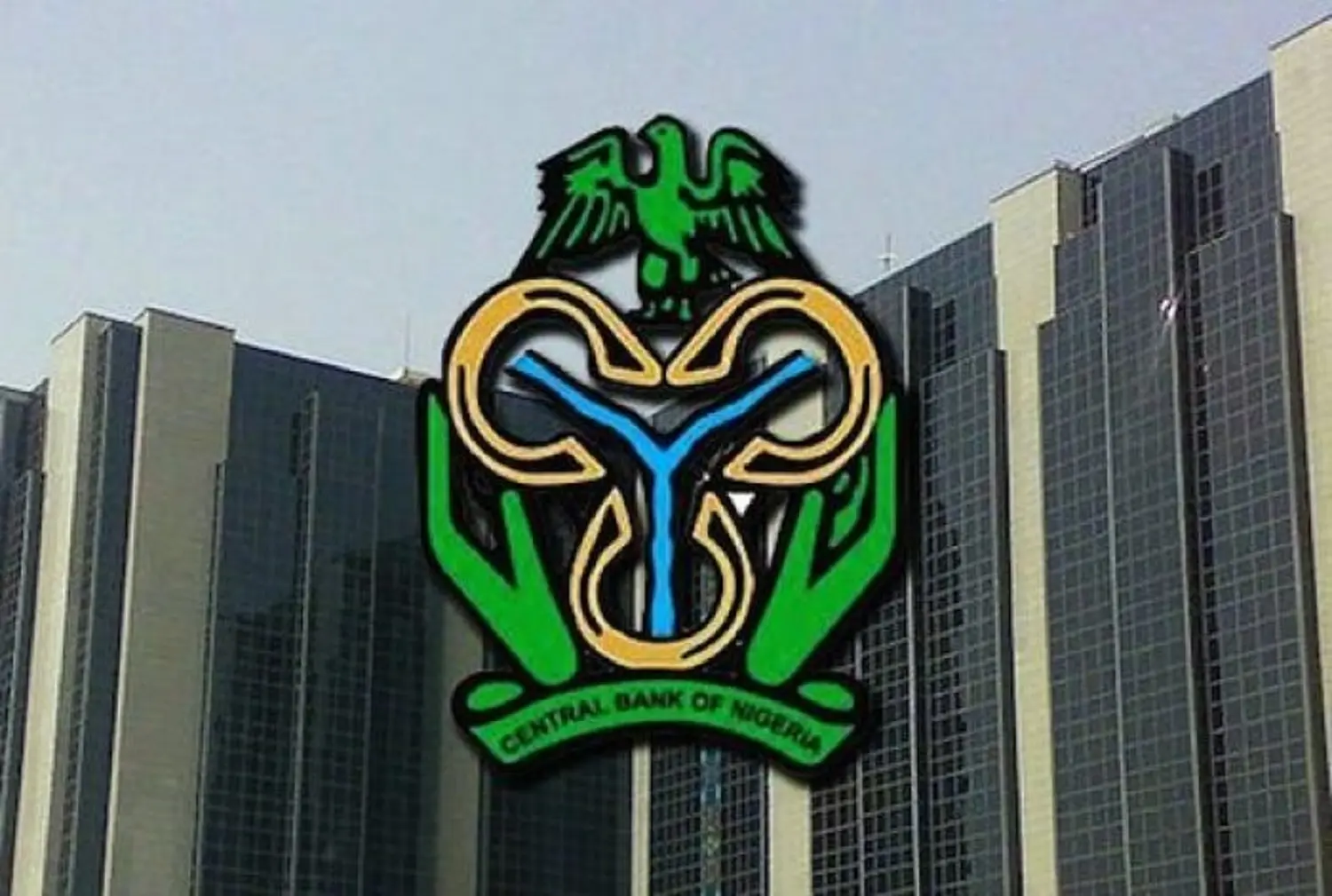Unity Bank-Providus Bank merger: CBN must close watch on our banks
The Central Bank of Nigeria (CBN) recently announced that it facilitated and approved the merger of Unity Bank Plc and Providus Bank Limited. This came a few months after the liquidation of Heritage Bank Plc, which would have amounted to another catastrophe in the nation’s banking sector. The apex bank said that it had approved […]

The Central Bank of Nigeria (CBN) recently announced that it facilitated and approved the merger of Unity Bank Plc and Providus Bank Limited.
This came a few months after the liquidation of Heritage Bank Plc, which would have amounted to another catastrophe in the nation’s banking sector. The apex bank said that it had approved what it described as a pivotal financial accommodation to support the proposed merger. To further clarify the significance of its intervention, the CBN declared that the strategic move was designed to bolster the stability of Nigeria’s financial system and avert potential systemic risks.
The central bank said that the merger was contingent upon its financial support, which implied that without that bailout, the option would probably be to let Unity Bank go down. It further pointed out that the fund would be instrumental in addressing Unity Bank’s total obligations to the CBN and other stakeholders.
The regulator declared further that it is unequivocal to state that its action is per the provisions of Section 42 (2) of the CBN Act, 2007. Also, the bank said the arrangement is crucial for the financial health and operational stability of the post-merger organisation.
- FG to recruit 3,500 teachers into unity colleges
- Thailand’s Court sacks Prime Minister Srettha Thavisin
Furthermore, the CBN emphasised that no Nigerian bank currently faces a precarious situation comparable to that of Heritage Bank, which was recently liquidated.
It assured the public of its commitment to safeguarding depositors’ interests and ensuring the smooth functioning of the banking sector through proactive measures and strategic interventions.
The CBN further assured that its decision underscores its dedication to maintaining financial stability and promoting confidence in the banking system during this transformation period.
However, while the bank said in its statement that it had just facilitated the merger between the two lenders, reports have subsequently revealed that it injected a whopping sum of N700 billion into the merger process to make it possible.
Part of the plan is a 20-year-term loan designed to ensure the operational stability of the new entity. The plan also requires Unity Bank to settle existing obligations of over N303.7 billion from the bailout fund, and N92 billion earmarked to settle Unity Bank’s exposure from First Bank of Nigeria related to clearing. There is also another N51.70 billion financial accommodation from the CBN’s N25.00 billion under the Anchor Borrowers Programme.
Despite the revelations by the regulator, we feel that this development coming from the nation’s banking sector raises some pertinent issues. Why and how did Unity Bank get to the stage where it needed to be acquired by another bank, even a much younger entity? Why was it allowed to continue to wobble along until its case became intractable without an acquisition as it were?
It is a well-known fact that over the years there has been a recurring transfer of Unity Bank from one shareholder to another set. This raises the question on why the owners failed to get the bank working. Also, why has the regulator not raised an alarm until this moment?
In view of this, Daily Trust calls for an urgent reform to strengthen the supervisory role of the regulator in order to avoid future catastrophe in the sector.
It is pertinent to avoid a repeat of the dark days of the global financial crisis when about a third of the country’s banks were in bad shape, though many of them were still opening for business.
We note that the CBN has already initiated another round of recapitalisation in the banking sector.
The apex bank owes it a duty to Nigerians to ensure that all our banks and other financial institutions are healthy and operate within the ambit of the law. This is the only way to safeguard depositors’ funds, and ensure economic stability for the country.
